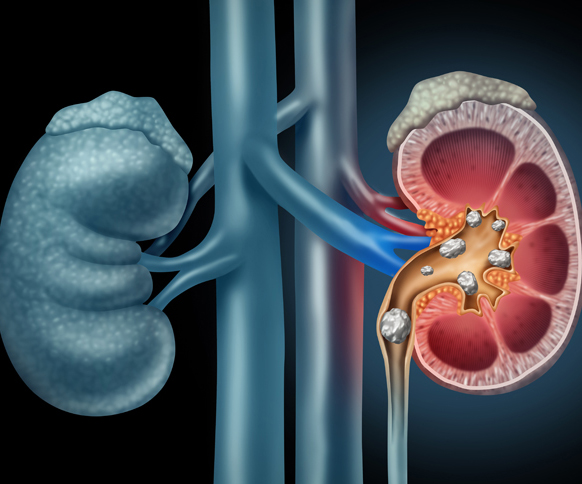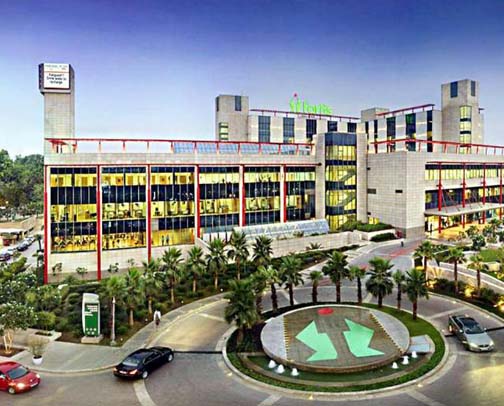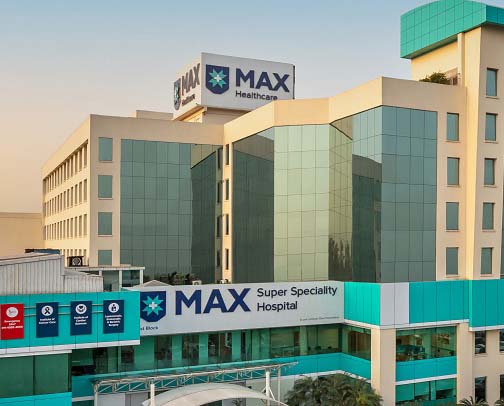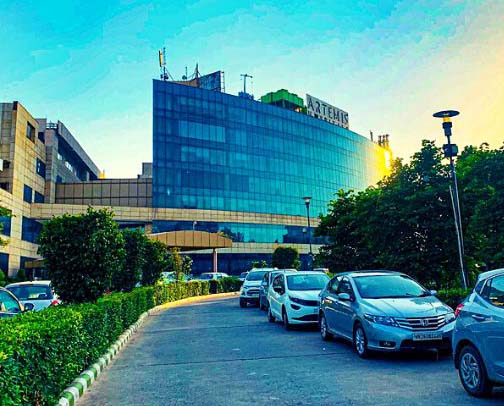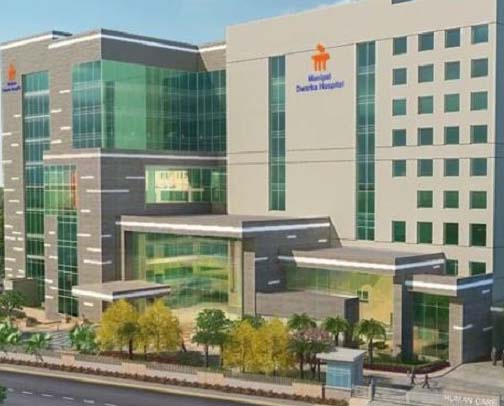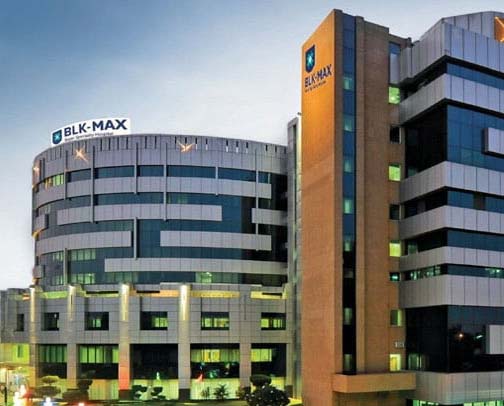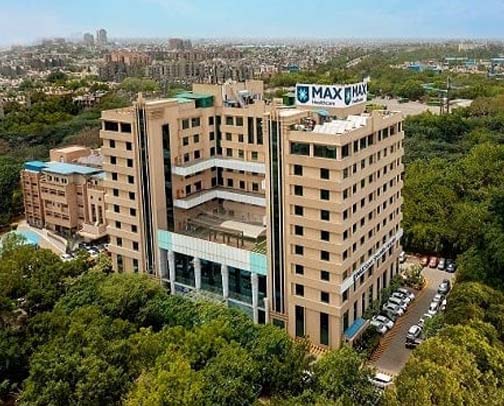Urology - Overview
The cost of urological procedures can vary depending on the specific procedure, geographical location, and individual factors. For accurate information about the cost of urological procedures in India or any other inquiries related to medical tourism for urological conditions, it is recommended to consult with healthcare professionals or specialized medical tourism agencies.
Please note that the information provided here is for informational purposes only and should not replace professional medical advice. If you have specific concerns or questions about urological conditions or procedures, it is essential to consult a qualified urologist for a proper evaluation and personalized recommendations.
Urology - Symptoms
Urological conditions can manifest through various symptoms, which may vary depending on the specific condition. It is important to recognize and seek medical attention for any persistent or concerning symptoms related to the urinary system or male reproductive organs. Some common symptoms that may indicate a urological issue include:
- Urinary changes: Frequent urination, urgent need to urinate, weak urine flow, difficulty initiating or stopping urination, or blood in the urine.
- Pain or discomfort: Pain or discomfort in the lower abdomen, pelvis, or genital area. This can include testicular pain, kidney pain, or pain during urination or sexual activity.
- Incontinence: Involuntary leakage of urine, which can occur during activities such as coughing, sneezing, or exercising.
- Erectile dysfunction: Difficulty achieving or maintaining an erection, which can be a sign of underlying urological conditions such as prostate problems or hormonal imbalances.
- Kidney stones: Intense pain in the back or side, blood in the urine, and frequent urination are common symptoms of kidney stones.
If you experience any of these symptoms, it is important to consult a urologist for a proper diagnosis and appropriate treatment.
Urology - Pre-Procedure
Before undergoing any urological procedure, it is crucial to have a comprehensive evaluation by a urologist. The initial consultation will involve a discussion of your symptoms, medical history, and a physical examination. Additional tests and diagnostic procedures may be recommended to determine the underlying cause of the urological issue. These may include:
- Urine tests: Analysis of a urine sample to check for infection, blood, or other abnormalities.
- Imaging studies: X-rays, ultrasounds, CT scans, or MRIs may be conducted to visualize the urinary tract or reproductive organs.
- Urodynamic testing: Evaluates bladder and urethral function to assess issues such as urinary incontinence or obstruction.
- Cystoscopy: A thin tube with a camera is inserted into the urethra to examine the bladder and urethra.
The specific tests and procedures recommended will depend on the symptoms and suspected condition. Your urologist will guide you through the pre-procedure preparation and provide instructions regarding fasting, medication management, and any other necessary steps.
Urology - During Procedure
Urologists are skilled in performing various procedures to diagnose and treat urological conditions. The choice of procedure depends on the specific condition and its severity. Here are some common urological procedures:
- Transurethral resection of the prostate (TURP): This procedure is performed to relieve urinary symptoms caused by an enlarged prostate. It involves removing excess prostate tissue through the urethra.
- PCNL: Percutaneous nephrolithotomy (PCNL) is a minimally invasive surgical procedure used to remove large kidney stones. It involves creating a small incision in the back and using specialized instruments to access the kidney and break up or remove the stones. PCNL is typically recommended when the size or location of the kidney stones makes other treatments ineffective or impractical. The procedure has a high success rate and allows for faster recovery compared to traditional open surgery.
These are just a few examples of the many urological procedures available. The choice of procedure will depend on the specific condition, its severity, and individual patient factors. Your urologist will discuss the recommended procedure, its benefits, and potential risks before making a treatment plan.
Urology - Post-Procedure
The recovery period after a urological procedure will vary depending on the type and complexity of the procedure performed. In most cases, patients will need some time to recover before resuming normal activities. The urologist will provide specific post-procedure instructions, which may include:
- Rest and recovery: It is important to allow your body to heal properly by getting enough rest and avoiding strenuous activities for the recommended duration.
- Medications: Your urologist may prescribe medications to manage pain, prevent infection, or control other specific symptoms related to the procedure.
- Follow-up appointments: Regular follow-up visits will be scheduled to monitor your progress, remove any necessary catheters or stents, and make any adjustments to the treatment plan if needed.
- Lifestyle modifications: Depending on the underlying condition, your urologist may recommend certain lifestyle changes, such as dietary modifications or pelvic floor exercises, to improve long-term outcomes and prevent future complications.
It is essential to closely follow your urologist’s instructions during the recovery period to ensure optimal healing and minimize the risk of complications.
Urology - Risk & Complications
Like any medical procedure, urological procedures carry certain risks and potential complications. The specific risks will depend on the type of procedure performed, the patient’s overall health, and individual factors. Some general risks and complications associated with urological procedures may include:
- Infection: There is a risk of developing an infection at the site of surgery or within the urinary tract. Antibiotics may be prescribed to reduce this risk.
- Bleeding: Excessive bleeding during or after the procedure is a potential complication. Your urologist will take measures to minimize this risk.
- Pain and discomfort: It is common to experience pain and discomfort during the recovery period. Appropriate pain management strategies will be provided to alleviate these symptoms.
- Urinary incontinence or erectile dysfunction: Depending on the procedure, there may be a risk of temporary or permanent urinary incontinence (loss of bladder control) or erectile dysfunction (difficulty achieving or maintaining an erection).
- Formation of scar tissue or strictures: Scar tissue formation or strictures (narrowing of the urethra) can occur as a result of certain procedures. These may require additional treatment or interventions.
Your urologist will discuss the potential risks and complications specific to your procedure and provide guidance on how to manage them. It is important to communicate any concerns or unexpected symptoms to your urologist promptly.
Urology - Doctors
Urology - Hospitals
Request a CallBack

